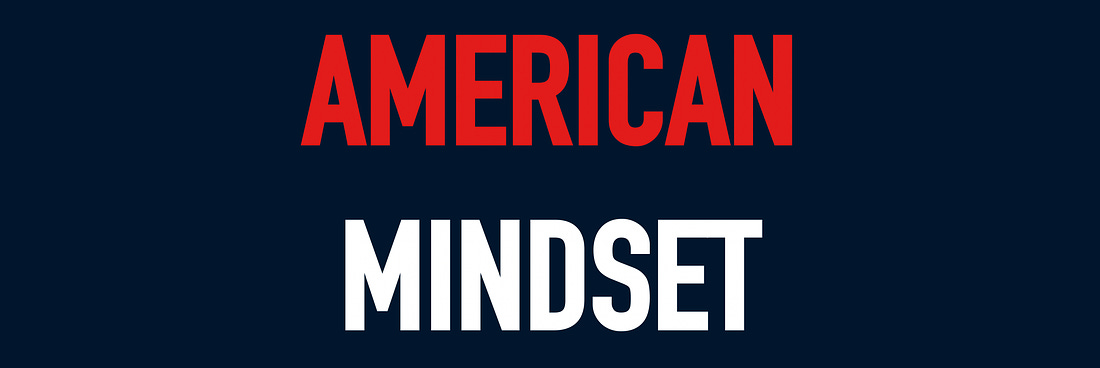 |
Among a certain strain of integralist it is popular to criticize Americans—and Anglo-Protestants more broadly—for giving in to “tyrannophobia”, an irrational fear and loathing of tyrants and tyrannical forms of government.
As with many such claims, it has a kernel of truth: it’s easy to see how, as governance power has concentrated in America, the ability to mobilize increasingly apathetic or alienated voters against the political control of one’s enemies has increasingly hinged on one’s ability to portray them as crazy, out-of-control tyrants, malevolent monsters whose slightest whim might destroy all we cherish in our country and our lives.
Or, at the same time, it’s not difficult to detect how, as governance stagnates, with the smothering embrace of the vast administrative state hanging like a lead blanket over human agency and ambition, tyranny becomes one of the few things left to fear politically, everything else at the end of history having already vanished in the rear-view or having established itself with banal finality as an unalterable fact of diminished life.
While this end state may cause some to wistfully hope for the tyranny they fear, in the same way some were accused of quietly wishing that the nuclear apocalypse of the cold war era would just hurry up and arrive already, most people inherently understand that tyranny is uniquely bad, unique in the way that it mixes together utterly predictable and unpredictable ills. Tyranny manages to bring an end neither to grinding disenchantment nor unsettling eventfulness.
But for all this, it’s true that even amply justified tyrannophobes tend to focus in their enmity toward tyranny on the strength of tyrannical regimes. Too little attention is given to the way that the unique malady of tyranny arises from its unique mix of strength and weakness. One of the main reasons why tyranny should be opposed and eliminated—to set aside the usual question of how much risk tolerance should be allowed toward the possibility of tyranny—is that the weakness of tyrants can harm a people and a regime even more than their strength, and it is to this problem more and more Americans appear ready in their everyday political thinking to turn.
For there is little question now that our sitting regime is overextending itself in extraordinary and combative ways that flow from its own deepening weakness and its perception of itself as growing weaker.
Obvious examples abound concerning the aftermath of January 6th 2021, especially in the monomania with which the ruling class and its media assets labors to portray America as in the grips of an “insurrectionist” crisis that can only be faced down by institutionalizing a new automated surveillance regime targeting citizens frankly discussing political questions online in a manner fundamental to our elementary rights under our constitutional form of government.
But there are other, weirder examples, including the bizarre fashion in which regime-affiliated media and its governance elite are flipping official positions in real time on top-level controversies, from the origin of the coronavirus and the moral status of Bill Gates to the existence of UFOs and the prospect of imminent war involving China or Russia.
And the mere existence of a six trillion dollar federal budget raises fundamental questions about the nature of sovereign financial strength and weakness: at what point—a matter sharpened by the widening interest in cryptocurrency—does a government debase its currency and lower interest rates to such a point that the ordinary person simply loses faith in the reality of the financial system? Especially in an economy, such as ours, where so much of the terribly scarce growth over the past few generations has come through financialization itself?
The pattern of conduct coming out of our ruling class evinces a snowballing lack of understanding and control over events, even as efforts to master them mentally and politically appear to be lurching into overdrive. The absurdist fusion of loyalty oaths in the military and intelligence agency ads directed toward young Americans in a psychological shambles underscores the impression forming in more and more of citizens’ minds that our regime has created a world it can’t make sense of and is violating norm after norm in a chaotic attempt to reassert its authority over.
Does this alone mean we now live under tyranny? This is a question that, in our regime, can ultimately only be answered by way of an appeal to heaven though the people and their elected representatives. But as more Americans think through this momentous question, the forefront of their minds is increasingly preoccupied by the awareness that a tyranny need not be strong to be unjust, nor terrifying to be loathsome.
 |
If you liked this post from American Mindset, why not share it?

